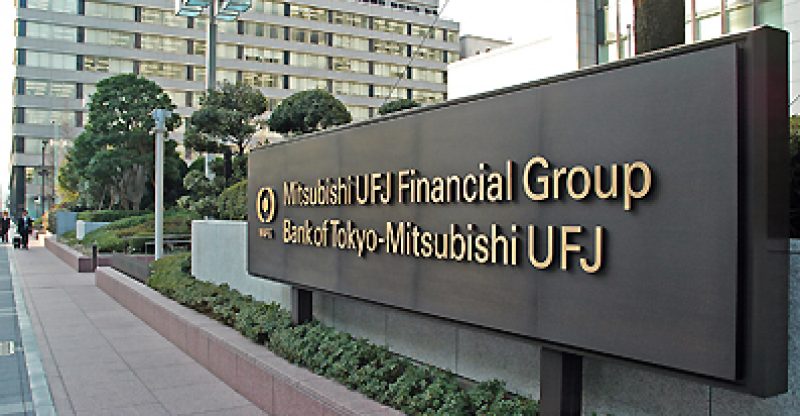Fraudsters Involved In The Zaif Crypto Exchange Theft Allegedly Exposed
Japan Digital Design cybersecurity experts, a subsidiary of Mitsubishi UFJ Financial Group (MUFG), released reports that they have some possible insights on the criminals behind the $60 million hack of Japanese crypto exchange Zaif.
The firm released a statement that with the help of Takayuki Sugiura at information security consultancy L Plus and security experts from a “capture the flag” cybersecurity team called TokyoWesterns, they were able to make investigations regarding the fraud case.
The firm added that they were able to track the fraudsters once they detected that the stolen funds in the monacoin cryptocurrency began moving sometime back last month.
The team added that it has shared this information with the authorities, saying: “Since the Monacoin began moving from October 20, we estimated the source of 5 transactions in question and provided information to the authorities concerning the characteristics of the transaction originator.”
While there are few specific details provided and it is also unclear how accurate the data collected is, the release further states (via online translation):
“In the investigation of the leaked virtual currency, remittance route has been analyzed through static analysis of the blockchain, but with this effort, by deploying the virtual currency node on a large scale after the outflow of the virtual currency, we verified whether we can obtain clues such as source IP address etc. We also got useful data to grasp the accuracy of the information and the cost of tracking.”
Zaif, a licensed crypto exchange in Japan, was hacked in September, losing cryptocurrency worth around $60 million at the time, including bitcoin, bitcoin cash, and monacoin.
Last month, Japanese financial regulator, the Financial Services Authority (FSA), said it was seeking information from Tech Bureau, the operator of Zaif, including why there was a delay in reporting the hack.





